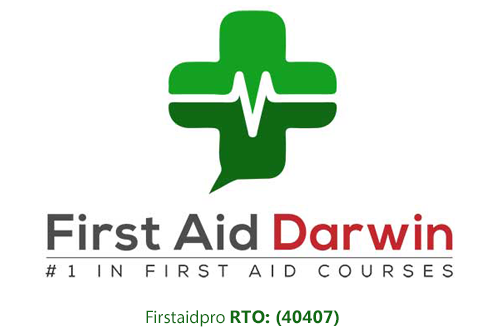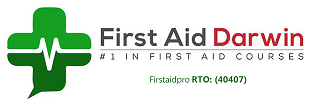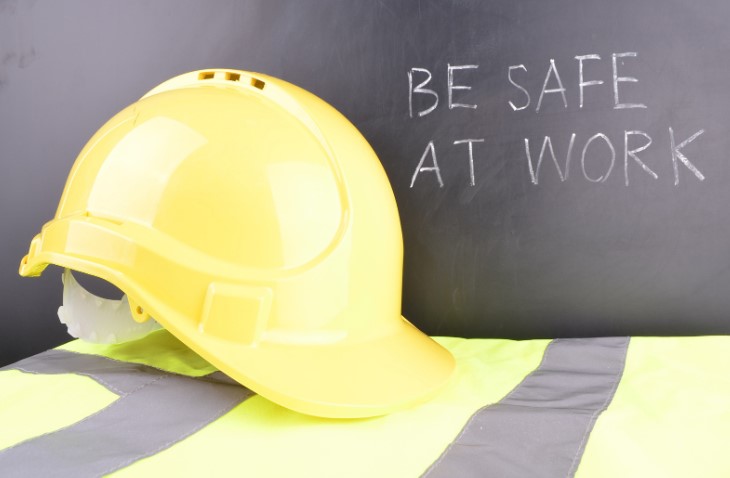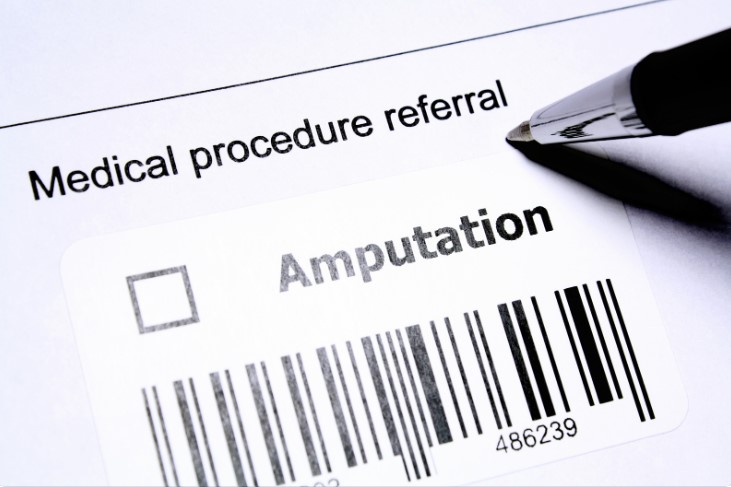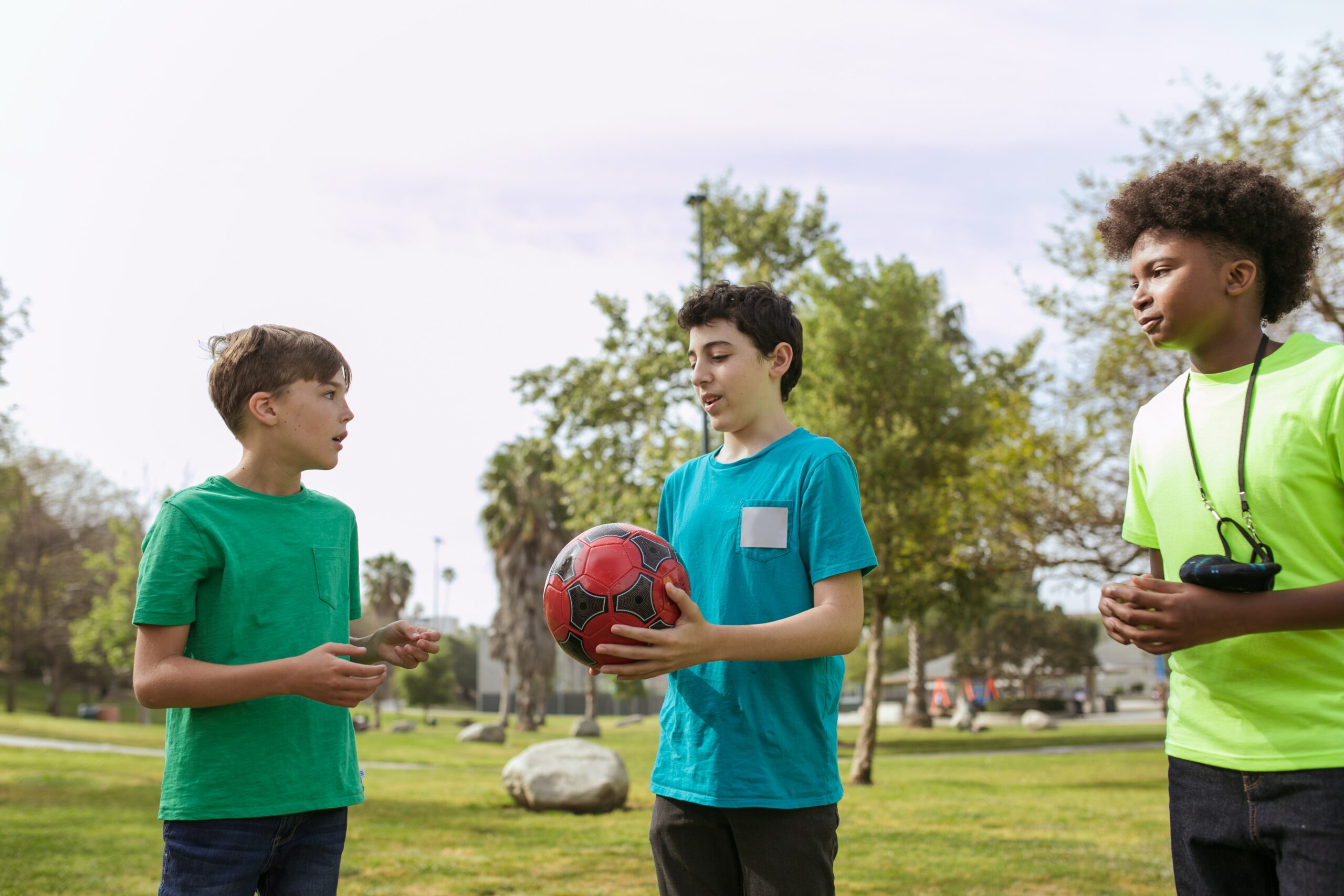Learning First Aid for Caregivers: The key role of caregivers is to keep everyone safe in case of sudden, unexpected emergencies. First Aid plays a critical role in achieving that.
A medical emergency can happen anytime, anywhere, and it is critical to be prepared – no matter how minor (or serious) is the incident might be.
Role Of A Caregiver
Caregiving roles vary and may take on countless shapes and forms.
A caregiver is someone who provides specific care to a person who needs some degree of assistance with daily tasks or activities. Examples include the elderly (seniors), small children, and people with disability or living with chronic illnesses.
The caregiver’s list of possible responsibilities is countless, but here are common tasks that most care recipients rely on.
- Physical needs – help in dressing up, taking bathroom breaks, and conducting household tasks (grocery runs, fulfilling chores, and running errands)
- Health and medical needs – assisting in doing exercises, meal prep, and taking medications.
- Emotional needs – being a companion and showing care and support.
- Financial needs – such as managing expenses, insurance, assets, and anything related.
A caregiver’s primary duty is to keep everyone safe. When caring for others, it is important to have a safety plan in place an case of emergencies. One way to remain safe and prepared is to learn first aid.
Learning first aid for caregivers can make a real difference in emergency situations.
Why Knowing First Aid Is Essential For Caregivers
Here are some reasons why learning first aid should be at the top of the caregiver’s list of priorities.
Increases Safety
Knowledge of first aid is extremely helpful in promoting a healthy, secure, and safe environment for everyone. It can most certainly help provide care for patients engaged in any form of injuries or illness.
Immediate and effective first aid application reduces the severity of the injury and assists in recovery time.
Prepare For Emergencies
Emergency situations require quick and decisive action from caregivers.
With proper first aid training, one can provide emergency care and decide if the injury is worth a trip to the emergency room. In many cases, a caregiver can handle the issue at home.
For instance, minor burns can develop into something severe, but trained caregivers can provide treatment at home.
Caregivers can easily provide lifesaving techniques such as CPR and defibrillation in sudden cardiac arrest.
Recognise Life And Death Situations
When in doubt, a caregiver trained in first aid can quickly recognise an emergency and provide initial care until professional help arrives.
Prevent Situations From Becoming Worse
A caregiver can provide first aid to keep a casualty stable and a situation under control while emergency services are on the way. This can be true for conditions such as severe burns, bone fractures, stroke, head trauma, and more.
First aid intervention can make a difference. Know how to utilise available items in a first aid kit to prevent the situation from becoming worse.
Gain The Confidence To Care
Caregivers equipped with first aid knowledge are confident in their skills and ability to help in emergencies. The training can also boost their confidence in a range of day-to-day situations and environments – knowing they’ll know what to do in a crisis.
The Bottom Line
Learning first aid for caregivers, whether in person or via online zoom training, can help everyone safe in life-threatening situations.
Getting a first-aid certificate is also a great way to show potential employers that you are qualified to provide care to people in need.
First Aid Courses Darwin offers nationally recognised training courses to gain knowledge about first aid essential for children, seniors, and people with disabilities.
At the end of the day, knowing lifesaving techniques such as CPR gives power as a carer to protect others. It will make emergencies less stressful by providing you with the skills you’ll need.
Set mind at ease and make the daily role as a caregiver a much more positive experience.
